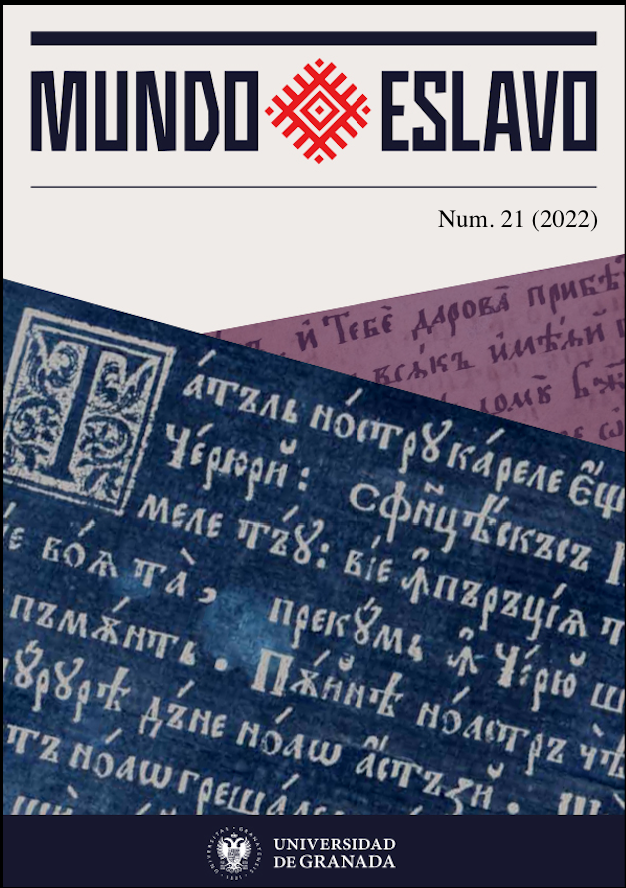Towards an armed global bipolarity? The keys and risks of the war in Ukraine and the paths to peace
DOI:
https://doi.org/10.30827/meslav.vi21.26409Abstract
This article explains how and why the armed conflict that began in Ukraine in February 2022 is marking a turning point in the slow but inexorable decline of the global order and international relations characteristic of the post-Cold War. Its immediate consequences are being made as unpredictable just a few months before, such as the joining of Sweden and Finland to NATO, the split between the EU and Russia, the rearmament of the West and the rapprochement between Moscow and Beijing to set up a potentially formidable common front.
This work also explains that, in the war in Ukraine there is a clash of parallel interested policies, defence doctrines and political and journalistic narratives in the West, Russia and Ukraine that have been creating the long-term conditions for a conflict with very serious global consequences. The article also analyses the historical evolution and internal dynamics of Ukraine as an actor in its own right, not just as a passive subject of US and Russian interests. Finally, this work to propose some alternatives to conflict management that from the perspective of peace research that are more rational, efficient and consistent with human rights.
Downloads
Downloads
Published
How to Cite
Issue
Section
License

CC BY-SA: This license allows reusers to distribute, remix, adapt, and build upon the material in any medium or format, so long as attribution is given to the creator. The license allows for commercial use. If you remix, adapt, or build upon the material, you must license the modified material under identical terms.
CC BY-SA includes the following elements:
BY ![]() – Credit must be given to the creator
– Credit must be given to the creator
SA ![]() – Adaptations must be shared under the same terms
– Adaptations must be shared under the same terms
Authors who publish with this journal agree to the following terms:
1. Authors retain copyright and grant the journal right of first publication with the work simultaneously licensed under a Creative Commons Attribution License that allows others to share the work with an acknowledgement of the work's authorship and initial publication in this journal.
2. Authors are able to enter into separate, additional contractual arrangements for the non-exclusive distribution of the journal's published version of the work (e.g., post it to an institutional repository or publish it in a book), with an acknowledgement of its initial publication in this journal.
3. Authors are permitted and encouraged to post their work online (e.g., in institutional repositories or on their website) prior to and during the submission process, as it can lead to productive exchanges, as well as earlier and greater citation of published work (See The Effect of Open Access).













